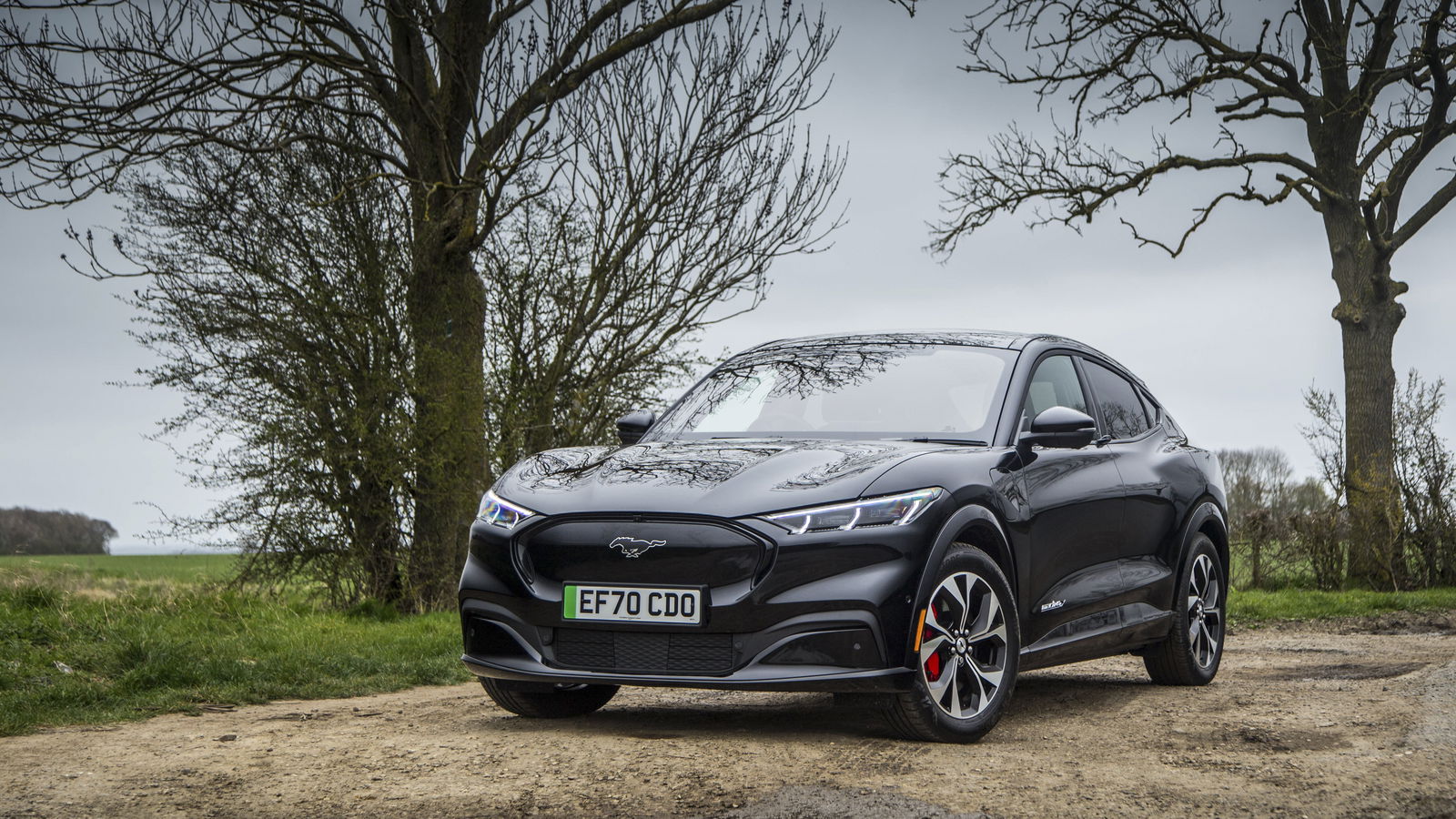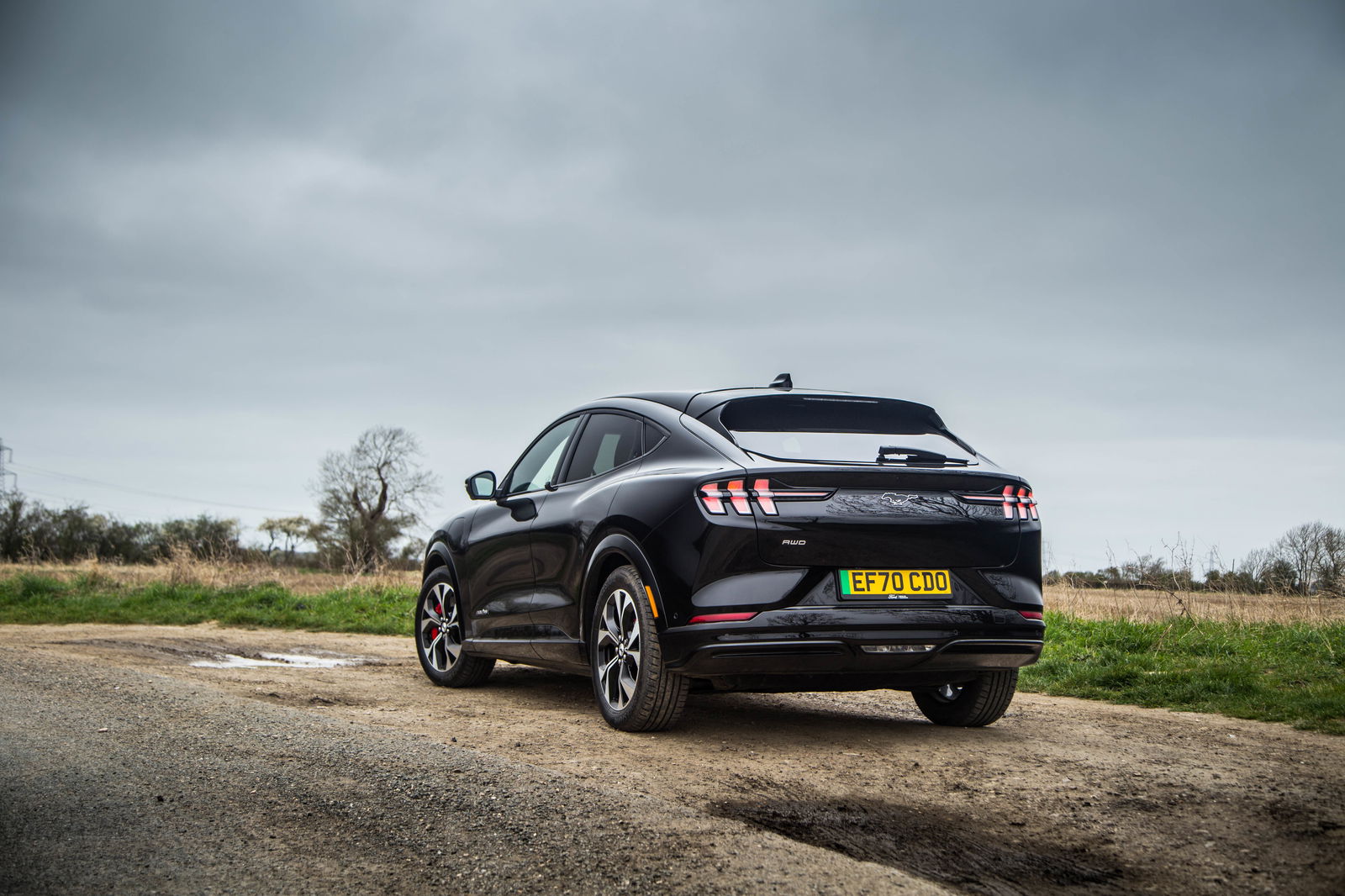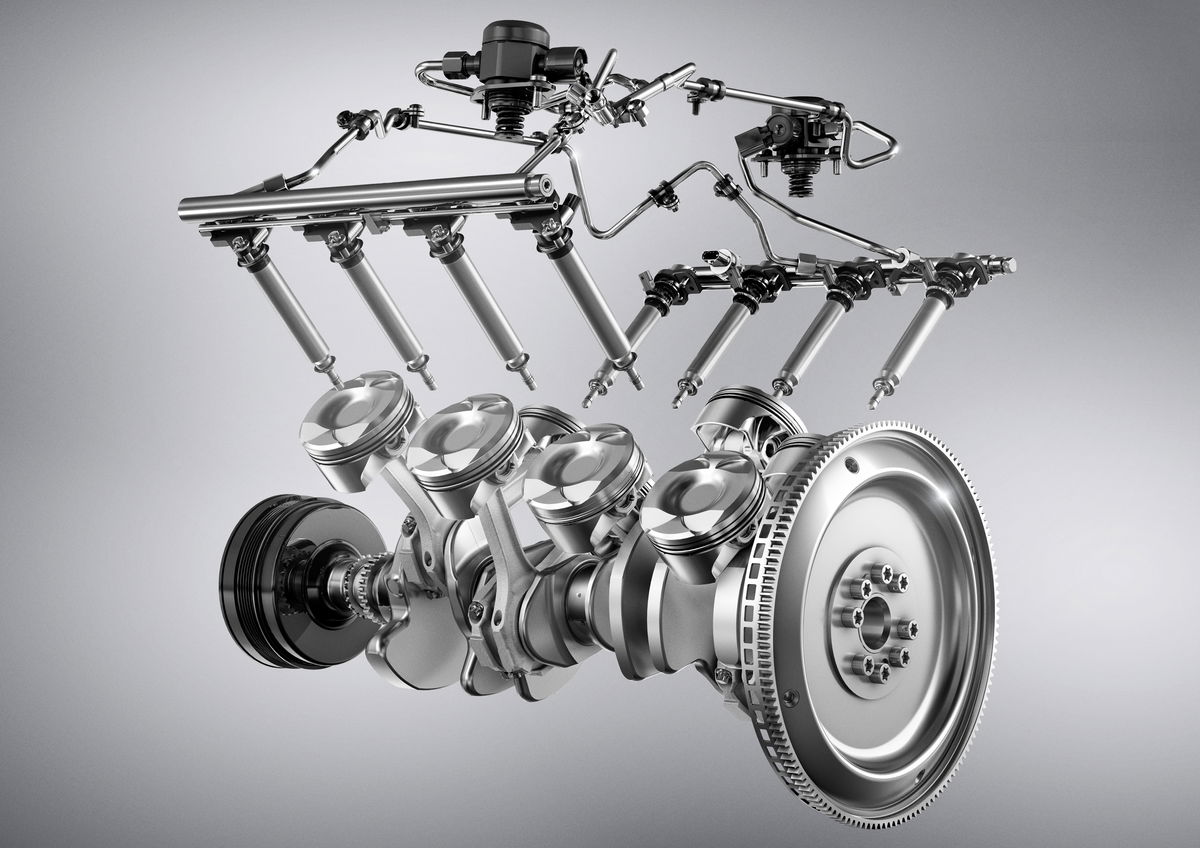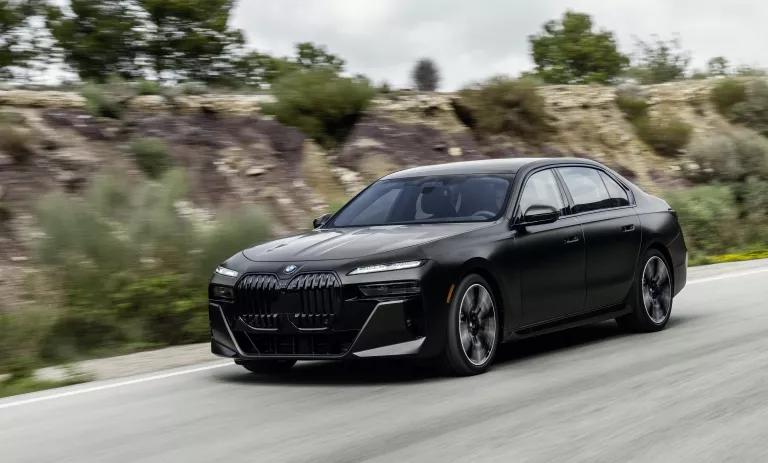Big Electric Cars Officially Aren't That Green. Are E-Fuels The Answer?

The first round of Green NCAP’s trials, designed to test the eco-friendliness of cars, suggests that large, powerful electric vehicles have a far more significant environmental impact compared to smaller ones. The findings also suggest that EVs in general may have a similar or sometimes even higher energy demand than conventional petrol or diesel cars.
Green NCAP - an offshoot of Euro NCAP - has tested 61 cars to date, with the electric Fiat 500 currently holding the title for the car with the smallest whole-life CO2 footprint. However, the test results, which take into consideration a variety of factors such as lifetime emissions, the availability of energy and fuels in different countries and different driving styles, suggest that many large or powerful EVs have a more significant environmental impact than the manufacturers let on.

Green NCAP stated that “while compact and mid-sized BEV show slightly less life cycle GHG (greenhouse gas) emissions than conventional powertrain cars in the context of the European average electricity mix, big and powerful BEVs may be in the same range as most diesel or petrol vehicles”. Larger EVs produce more greenhouse gas emissions as a result of “the production of a heavier chassis, bigger high voltage batteries and the manufacturing of more electric components, like cables and power circuits”, according to Green NCAP.
See also: Honda NSX Successor Talk Sparked By All-Electric Supercar Teaser
In an interview with AutoExpress, Green NCAP Technical Manager Aleksandar Damyanov highlighted the issues with powerful, heavy EVs such as the Ford Mustang Mach-E: “A 2.2-tonne electric vehicle with 300 kilowatts (400bhp) is not nature friendly,” he says. “Of course, you can charge it with a hundred per cent renewable electricity, and this will be better, but in reality who is doing that?”

“The optimal solution means leaving all possibilities open, so the target should not be to put electric vehicles on the market, but to reduce CO2. If a vehicle is emitting nothing in England, but is produced with dirty energy in China, how does that help?” he said.
Damyanov suggested that there should be a greater focus on e-Fuels in the future, synthesised from renewable or nuclear energy. “The internal combustion engine has a very bad image, but it is not the engine, it is the fuel that we put in it. If we fill it with dinosaurs, that is our problem. It will burn what it has to burn.”

“If you see a commercial for a big electric SUV, and it says ‘save the planet’, is it really doing that? The manufacturer will say yes, of course, and others will provide arguments from the other side. Our role is to inform the best way we can, in a very neutral manner.”
So, what do you think of Green NCAP’s findings? Do you think EVs are still the way forward, or should we focus on developing green, renewable fuels for existing engines instead? Let us know your thoughts.







Comments
https://www.autonocion.com/coche-electrico-necesita-compensar-emisiones-de-co2/
Here is a link to an article published by the Spanish motoring magazine ‘Autonocion’ where VOLVO state that an EV needs to do 200,000km to compensate for it’s manufacturing carbon footprint
This twitter thread by a research Program Director at Eindhoven University of Technology uncovers all the ‘Green’NCAP trickery:
https://twitter.com/AukeHoekstra/status/1518371202934394881
TLDR: the research uses outdated sources, underestimates ICE emissions and overestimates EV emissions.
The attached image shows the updated values: